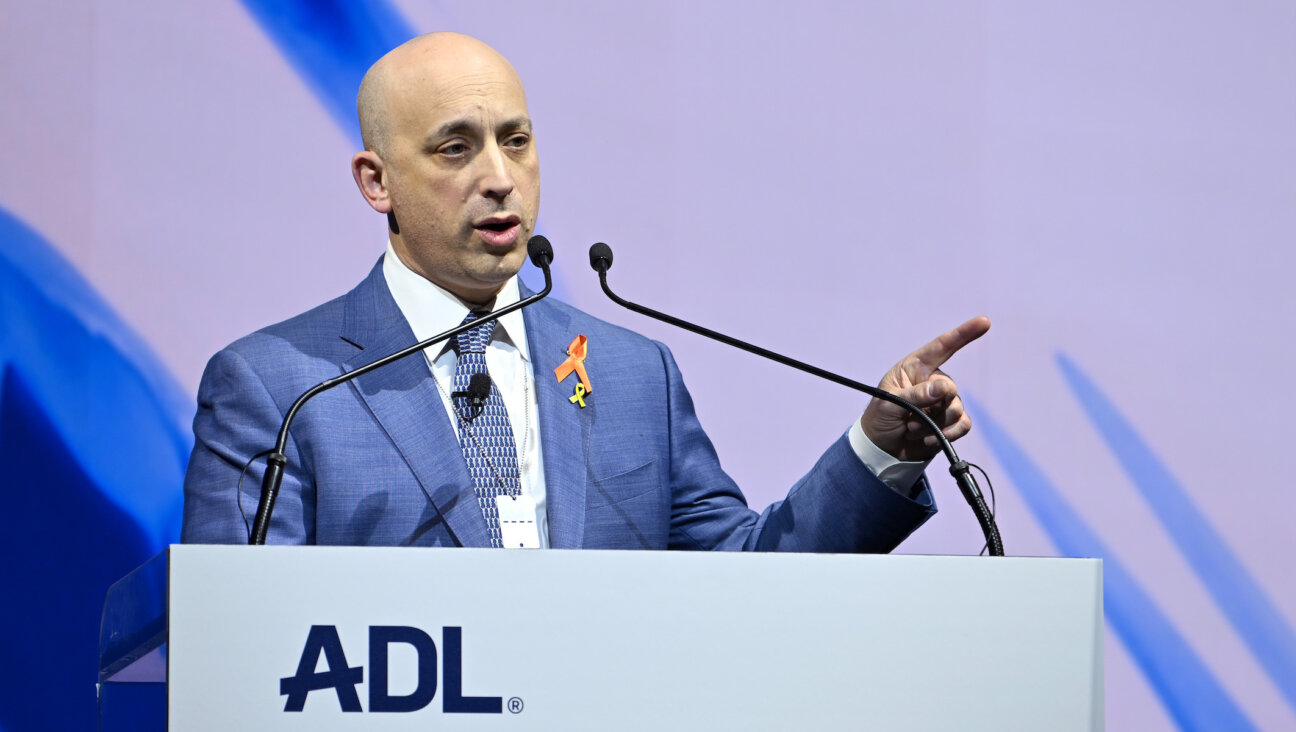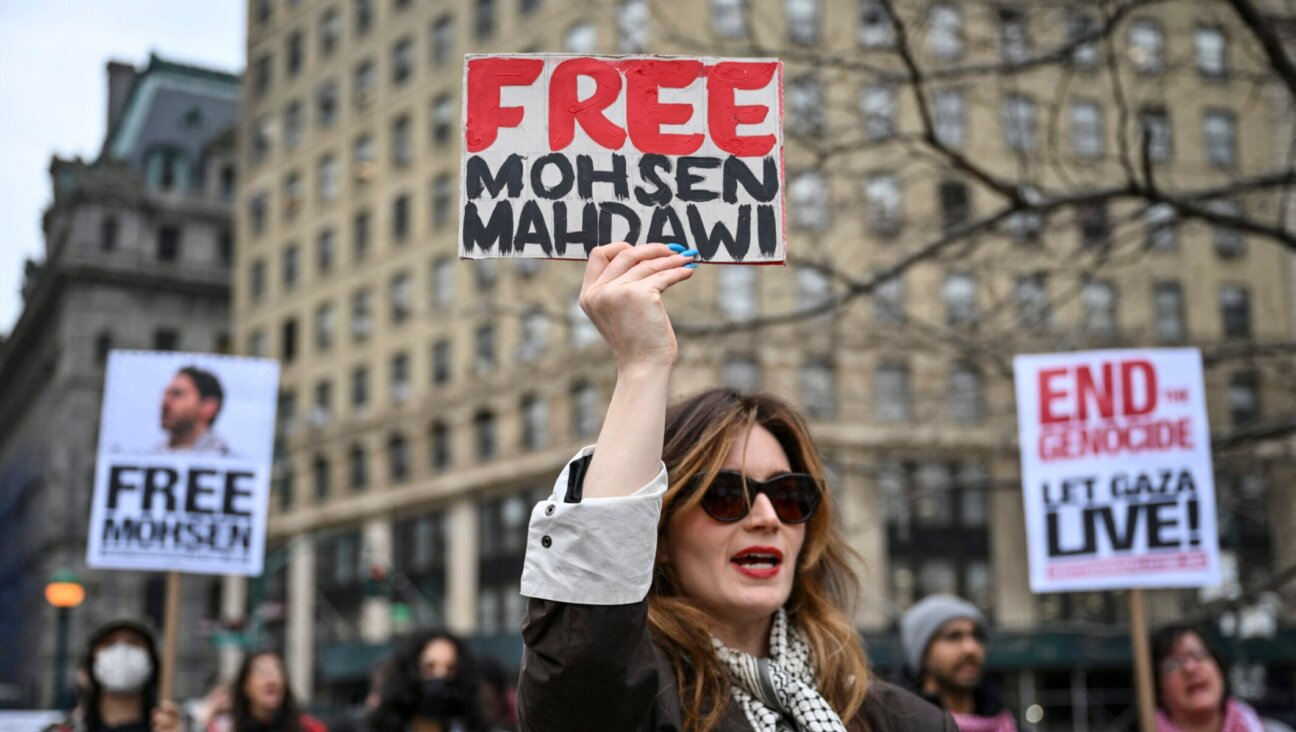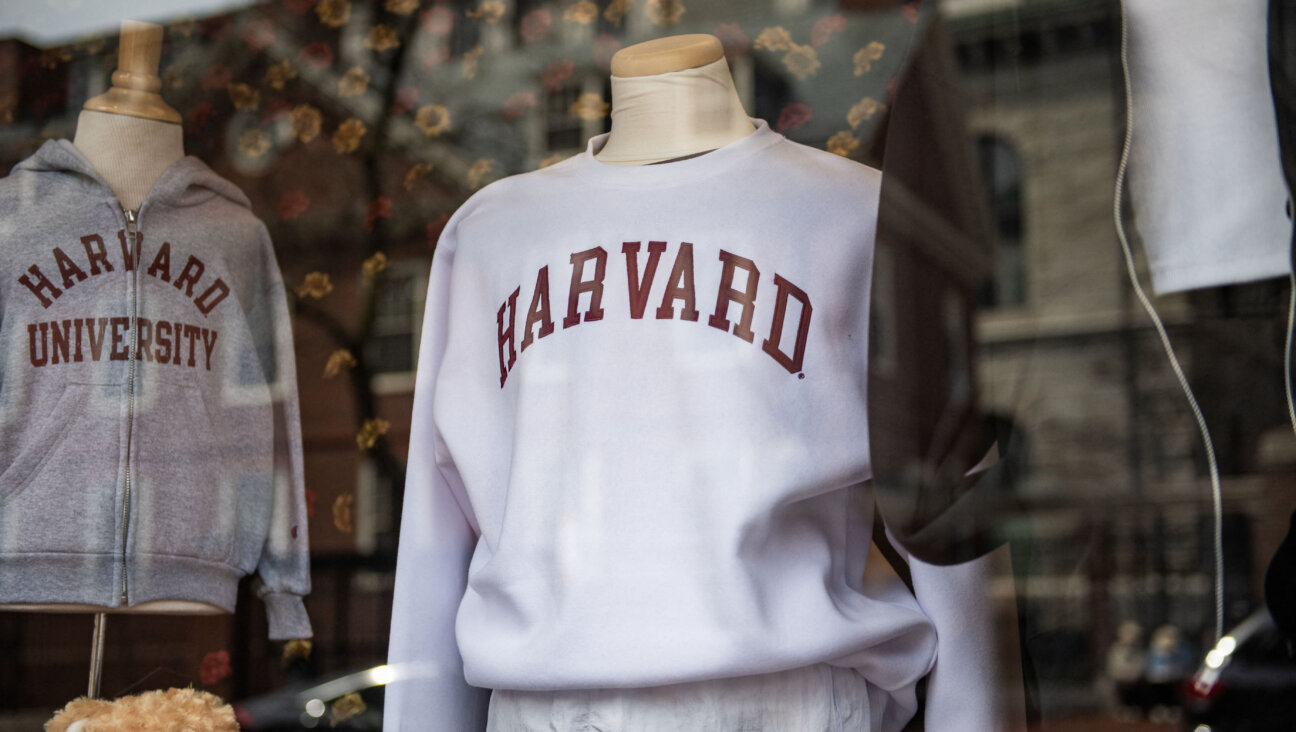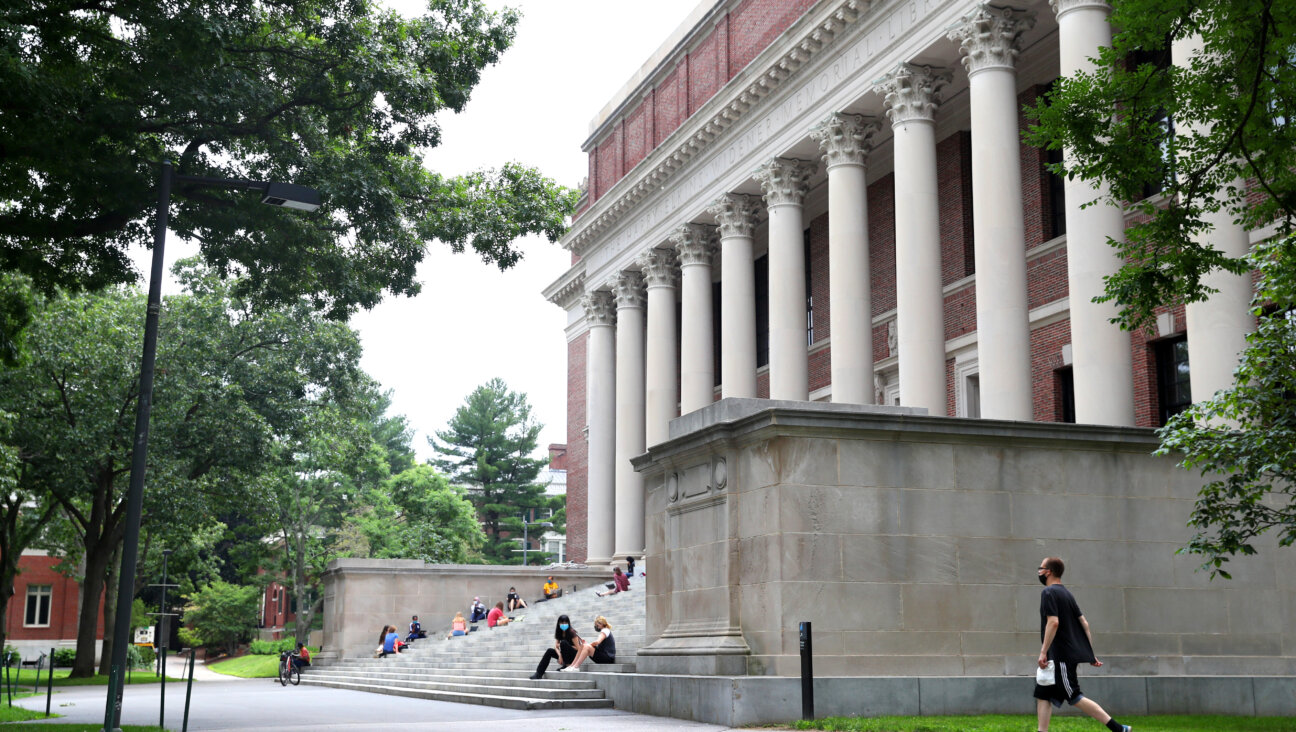Knesset Urges Raising Quota for Ethiopian Jews
Thousands of Ethiopians, languishing in two compounds, have won critical political support for their bid to immigrate to Israel.
Half the members of Knesset are calling on the Israeli government to abolish, or at least significantly raise, its monthly quota on the number of Falash Mura that are allowed to come to Israel. The call was contained in a December 16 letter, signed by 61 of 120 Knesset members, to Prime Minister Sharon.
The letter referred to the plight of the estimated 17,000 Ethiopians living as urban refugees near two compounds in Addis Ababa and Gondar. Known as Falash Mura, these would-be immigrants to Israel are Jews who underwent some type of conversion to Christianity or the descendents of such people. In recent years they have declared a desire to return to the Jewish fold and have adopted Orthodox Jewish lifestyles while waiting for permission to come to Israel.
Currently only 300 Falash Mura are allowed into Israel each month, and even fewer have been able to come in recent months. The Israeli lawmakers urged that the monthly quota be raised to 1,000, or eliminated. A day after the Knesset letter, two American congressmen wrote a similar letter to Sharon calling for an acceleration in the rate of Falash Mura immigration.
The more influential, and, some observers say, surprising support for increasing the quota has come from the Jewish Agency, the quasi-governmental organization responsible for immigration to Israel. The agency has not historically supported the immigration of the Falash Mura, but in recent months the agency’s chairman, Sallai Meridor, has campaigned aggressively to raise the quota to at least 600.
The long-running debate over the Falash Mura was thought to be resolved in February 2003, when the Israeli cabinet granted most Falash Mura the right to come to Israel. Since then, however, government ministers in crucial ministries have argued that Israel’s economic situation does not allow it to absorb more immigrants. The new political support might shift the tide.
“All the years, we struggled alone,” said Avraham Neguise, director of the South Wing of Zion, the main group in Israel lobbying for the Falash Mura. “The Jewish Agency and these organizations were all on the other side. Now they understand our side. I am optimistic that the suffering of my community may be near an end.”
Pro-Falash Mura activists are particularly encouraged right now because of the departure from the government of the Shinui Party, which had been among the strongest opponents to letting more Falash Mura into Israel. The formation of the new Israeli government, though, has caused a postponement of a planned meeting December 26 between Prime Minister Sharon and Meridor, at which the quota issue was set to be resolved.
Most of the Ethiopians waiting to immigrate to Israel had ancestors who converted from Judaism to Christianity — often under duress from Ethiopia’s Coptic Christian regime. Those who are currently waiting are different than the mass of Ethiopians who came to Israel in the mid-1980s and early 1990s, who never converted to Christianity.
The Judaism of the remaining Falash Mura has been a matter of fierce debate in Israeli society. But the practical side of the dispute — whether the Falash Mura had a right to immigrate — was put to rest at an Israeli Cabinet meeting February 16, 2003. The Cabinet decided then that any Ethiopian who can trace a maternal connection to Judaism, no matter how many generations back, could come to Israel under the law of entry.
The postponed meeting between Meridor and Sharon was provoked by an Israel court case in which 400 Falash Mura in Ethiopia are suing the government for entry.
In court proceedings, the government has said that most of the Falash Mura in Ethiopia should meet the maternal criteria, but this did not convince some of the most crucial government ministers, including Shinui member Avraham Poraz, who was minister of the Interior until earlier this month.
Poraz, whose ministry was responsible for certifying the immigrants, fought any rise in the quota. He argued that Israel cannot afford to absorb the Ethiopians, who require more resources than do other immigrants to Israel. A spokesperson for Tzipi Livni, minister of Immigrant Absorption, told the Forward that the budget for 2005 contains only enough money for bringing 300 Falash Mura each month.
Currently, though, a joint Knesset committee has been looking at ways to find money to raise the quota, and a spokesman for Finance Minister Benjamin Netanyahu told the Forward that Netanyahu is not opposed to raising the monthly quota of the Falash Mura.
Supporters of the Falash Mura have criticized harshly the debate over financial sums, arguing that no other immigrant group has been curtailed because of economic concerns.
Until slightly more than a year ago, the Falash Mura received little help from the agency that is actually responsible for bringing them to Israel, the Jewish Agency. The agency was one of many organizations that began to shift after last February’s Cabinet decision, and a statement by the Sephardic chief rabbi of Israel last summer, that the Falash Mura are “completely Jewish without any doubt.”
In late November, Meridor released a statement declaring: “It is not right to hamper the pace of immigration from any country in the world; this is the only case of this happening in the history of the State of Israel.”
Jewish federations are also advocating the Falash Mura cause.
The Forward is free to read, but it isn’t free to produce

I hope you appreciated this article. Before you go, I’d like to ask you to please support the Forward.
Now more than ever, American Jews need independent news they can trust, with reporting driven by truth, not ideology. We serve you, not any ideological agenda.
At a time when other newsrooms are closing or cutting back, the Forward has removed its paywall and invested additional resources to report on the ground from Israel and around the U.S. on the impact of the war, rising antisemitism and polarized discourse.
This is a great time to support independent Jewish journalism you rely on. Make a Passover gift today!
— Rachel Fishman Feddersen, Publisher and CEO
Most Popular
- 1

Opinion My Jewish moms group ousted me because I work for J Street. Is this what communal life has come to?
- 2

News Student protesters being deported are not ‘martyrs and heroes,’ says former antisemitism envoy
- 3

News Who is Alan Garber, the Jewish Harvard president who stood up to Trump over antisemitism?
- 4

Fast Forward Suspected arsonist intended to beat Gov. Josh Shapiro with a sledgehammer, investigators say
In Case You Missed It
-

Culture ‘Shtisel’ star Sasson Gabay is happy to be back playing a complex haredi Orthodox Jew in ‘Kugel’
-

Fast Forward Noa Argamani, ADL’s Jonathan Greenblatt among over a dozen Jews on 2025 TIME 100 list
-

Fast Forward US claims Mohsen Mahdawi’s activism could ‘potentially undermine’ prospect of peace in Gaza
-

Opinion What Jewish university presidents say: Trump is exploiting campus antisemitism, not fighting it
-
Shop the Forward Store
100% of profits support our journalism
Republish This Story
Please read before republishing
We’re happy to make this story available to republish for free, unless it originated with JTA, Haaretz or another publication (as indicated on the article) and as long as you follow our guidelines.
You must comply with the following:
- Credit the Forward
- Retain our pixel
- Preserve our canonical link in Google search
- Add a noindex tag in Google search
See our full guidelines for more information, and this guide for detail about canonical URLs.
To republish, copy the HTML by clicking on the yellow button to the right; it includes our tracking pixel, all paragraph styles and hyperlinks, the author byline and credit to the Forward. It does not include images; to avoid copyright violations, you must add them manually, following our guidelines. Please email us at [email protected], subject line “republish,” with any questions or to let us know what stories you’re picking up.











